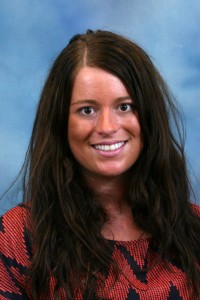Close Poll Results = Hot Campaigning Ahead
There was audible reaction in the audience of about 100 who were present when Professor Charles Franklin unveiled the primary finding of the new round of the Marquette Law School Poll: The race between Republican Gov. Scott Walker and Democratic challenger Mary Burke is essentially a dead heat as of now. That strong reaction echoed across the Wisconsin political world and beyond with its clear signal that this will be a close race that will likely pick up additional energy and attention now.
But in addition to the highlighted results – Walker and Burke each drew 46% support among registered voters and Walker led by a narrow 48% to 45% among those who say they are “absolutely certain” to vote in November – there were interesting indications of the strengths and weaknesses of each candidate. Those carried implications for what strategies the campaigns will pursue over the remaining five-plus months of the campaign for governor.
In brief, results of the new poll, and comparisons with prior polls, show Burke gaining strength among women and younger voters, while Walker remains strong among men and older voters. Burke does better than Walker on an “empathy” question – does a candidate care about people like you – and Walker does better on a question about whether a candidate is someone who is “able to get things done.”

